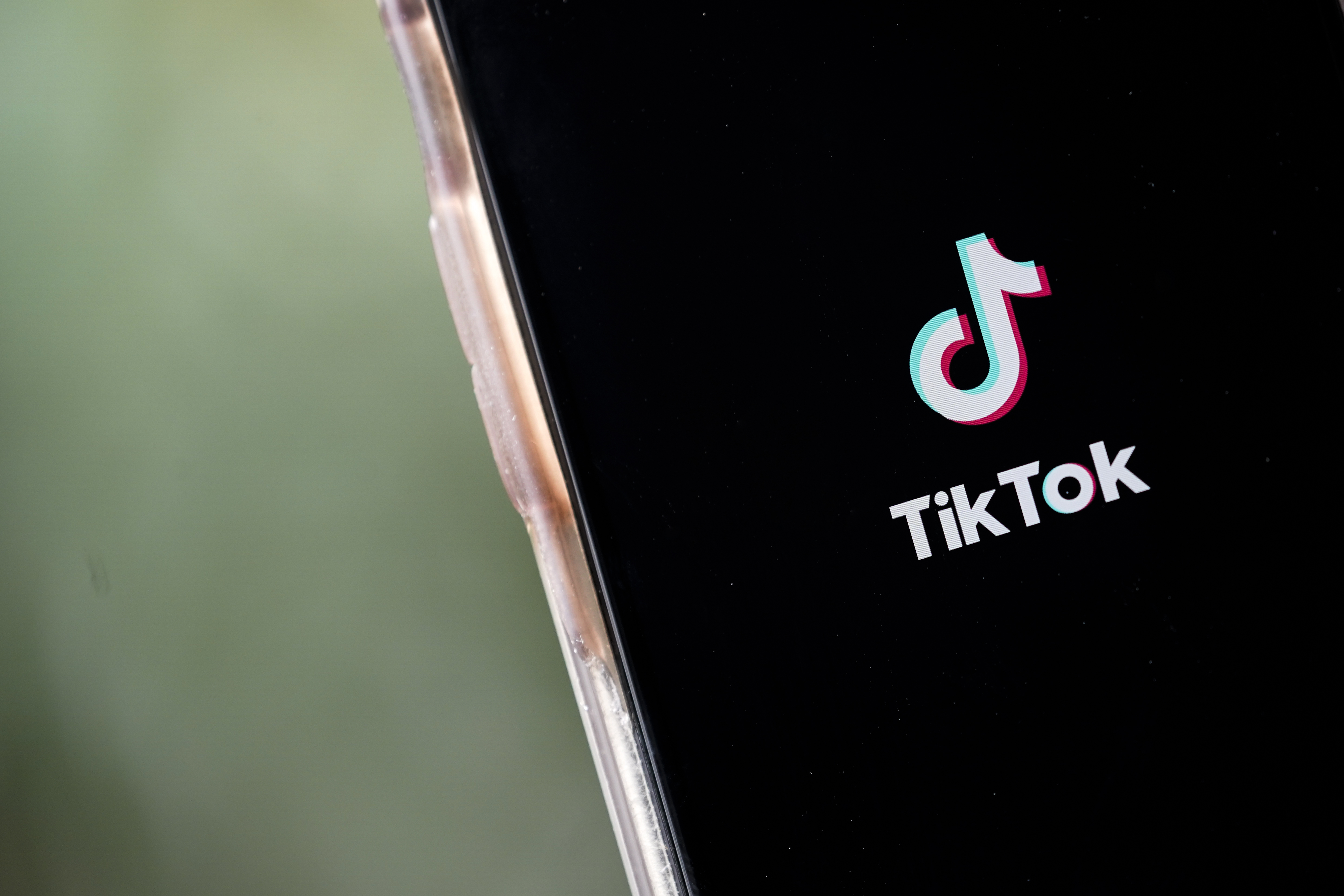The daily business briefing: August 31, 2020
ByteDance says it will abide by China's amended technology export rule, Buffett buys stakes in Japanese trading firms, and more


A free daily email with the biggest news stories of the day – and the best features from TheWeek.com
You are now subscribed
Your newsletter sign-up was successful
1. ByteDance says it will abide by amended China export rule
ByteDance, the company that owns TikTok, said Sunday it would "strictly abide" by China's amended rules on exporting technology, which could complicate the company's expected sale of TikTok operations in the United States and other English-speaking countries. Under updates to China's export laws announced Friday, ByteDance will need Chinese government approval to sell U.S. operations of the popular short video app. Beijing added artificial intelligence interface technologies, including those that analyze data to make personalized content recommendations, to its list of export-control products published on the Ministry of Commerce’s website late Friday. The ministry said the permits for overseas technology transfers are necessary to "safeguard national economic security." President Trump has ordered a ban on TikTok, citing security concerns, unless its U.S. operations are sold to an American company.
2. Buffett makes long-term bet on global economy
Billionaire investor Warren Buffett announced Sunday that his company, Berkshire Hathaway, has acquired stakes of just over 5 percent in Japan's five leading trading companies: Itochu Corp., Marubeni Corp., Mitsubishi Corp., Mitsui & Co., and Sumitomo Corp. Berkshire accumulated the holdings over about a year, making regular purchases on the Tokyo Stock Exchange. Based on Friday's closing prices, the investments have a current value of about $6.25 billion. Berkshire's investment was seen as a long-term bet on the global economy, particularly that of Japan, the world's third largest economy after those of the United States and China. "I am delighted to have Berkshire Hathaway participate in the future of Japan and the five companies we have chosen for investment," Buffett said.
The Week
Escape your echo chamber. Get the facts behind the news, plus analysis from multiple perspectives.

Sign up for The Week's Free Newsletters
From our morning news briefing to a weekly Good News Newsletter, get the best of The Week delivered directly to your inbox.
From our morning news briefing to a weekly Good News Newsletter, get the best of The Week delivered directly to your inbox.
3. United drops ticket-change fees in bid for passengers
United Airlines announced Sunday that it was permanently eliminating a $200 fee for changing tickets for domestic travel, a move expected to put pressure on other carriers to drop the fees too. "When we hear from customers about where we can improve, getting rid of fees is often the top request," United CEO Scott Kirby said in a video posted Sunday. Airlines are doing everything they can to attract passengers as the travel industry faces a devastating loss of business due to the coronavirus pandemic. United said it would drop the fees for standard and premium tickets. United also is extending a waiver on change fees for international travel and "basic economy" through Dec. 31.
4. Stock futures rise at close of best August since the 1980s
U.S. stock index futures gained early Monday, signaling a strong finish to the best August for Wall Street since the 1980s. Futures for the Dow Jones Industrial Average, the S&P 500, and the Nasdaq Composite were all up by 0.2 percent to 0.3 percent several hours before the opening bell. The Dow is up by more than 8 percent this month and the S&P 500 has gained 7.2 percent, the best August performance for the two benchmark indexes in 36 years. All three of the main U.S. indexes have surged by enough to erase the 2020 losses they suffered due to the coronavirus crisis. Since their March 23 lows, the Dow and the S&P 500 have risen by 57 percent and 60.1 percent, respectively.
A free daily email with the biggest news stories of the day – and the best features from TheWeek.com
5. Philips says U.S. canceled order for 30,700 ventilators
Philips on Monday cut its 2020 earnings outlook, linking the change to the U.S. Department of Health's partial cancellation of an order for 43,000 hospital ventilators. The Dutch electrical equipment maker will now make 12,300 of the hospital ventilators, and won't ship the remaining 30,700. The news came after a congressional subcommittee found that the U.S. had overpaid Philips by $500 million, although the company denied any profiteering. Philips was one of several firms with contracts to provide the United States with more than 187,000 ventilators for coronavirus patients. The company's chief executive, Frans van Houten, said the reduced ventilator deliveries will hurt its financial performance, but it still expects to "return to growth and improved profitability in the second half of the year."
Harold Maass is a contributing editor at The Week. He has been writing for The Week since the 2001 debut of the U.S. print edition and served as editor of TheWeek.com when it launched in 2008. Harold started his career as a newspaper reporter in South Florida and Haiti. He has previously worked for a variety of news outlets, including The Miami Herald, ABC News and Fox News, and for several years wrote a daily roundup of financial news for The Week and Yahoo Finance.
